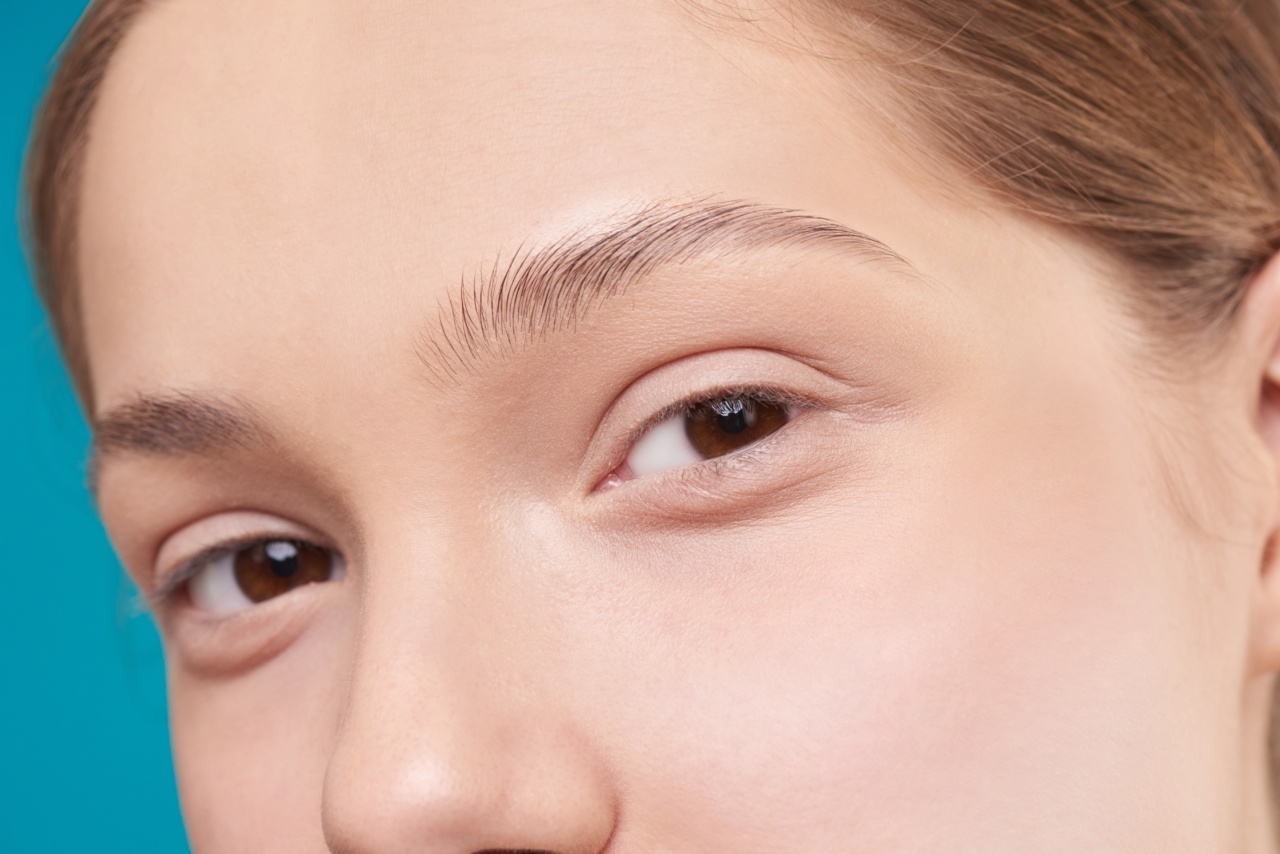Having clear and healthy skin is something that almost everyone desires. However, achieving it can often be a challenge, especially with the numerous products and information available today.
The good news is that clear skin is attainable, and you can adopt certain habits to help you along the way. In this article, we will uncover ten secrets to achieve clear and radiant skin.
1. Stick to a Consistent Skincare Routine
One of the most important habits for clear skin is to follow a consistent skincare routine. Ensure that you cleanse, tone, and moisturize your face twice a day, in the morning and evening.
Use products that are suitable for your skin type and avoid harsh chemicals that may cause irritation or dryness.
2. Protect Your Skin from the Sun
Exposure to the sun’s harmful UV rays can lead to premature aging, dark spots, and even skin cancer. Protect your skin by wearing sunscreen with an SPF of at least 30, even on cloudy days.
Additionally, wear protective clothing such as hats and sunglasses when you spend time outdoors.
3. Stay Hydrated
Drinking an adequate amount of water is essential for clear and healthy skin. Water helps to flush out toxins from your body, keeping your skin hydrated and preventing dryness.
Aim to drink at least eight glasses of water each day, and consider incorporating hydrating foods like watermelon and cucumbers into your diet.
4. Practice Regular Exercise
Engaging in regular exercise not only benefits your overall health but also helps to improve blood circulation to your skin. This increased blood flow brings oxygen and nutrients to your skin cells, promoting a healthy and glowing complexion.
Find an exercise routine that you enjoy and try to incorporate it into your weekly schedule.
5. Get Sufficient Sleep
The amount and quality of sleep you get have a significant impact on your skin’s appearance. During sleep, your body repairs and rejuvenates your skin, making it essential to get enough restful sleep each night.
Aim for a minimum of seven to eight hours of sleep to allow your skin time to recover and regenerate.
6. Avoid Touching Your Face
Our hands come into contact with numerous surfaces throughout the day, collecting dirt, bacteria, and oils along the way. Touching your face can transfer these impurities onto your skin, leading to breakouts and infections.
Avoid touching your face unless necessary, and always ensure your hands are clean before applying any skincare products.
7. Eat a Balanced Diet
Your diet plays a vital role in the health of your skin. Incorporate a variety of fruits, vegetables, lean proteins, and whole grains into your meals to provide your body with essential vitamins and minerals.
Avoid excessive consumption of sugary and greasy foods, as they can contribute to acne breakouts.
8. Manage Stress Levels
High levels of stress can trigger hormonal imbalances and inflammation in the body, leading to skin problems like acne and eczema. Find healthy ways to manage stress, such as practicing meditation, yoga, or engaging in hobbies that you enjoy.
Taking time for self-care can do wonders for your skin.
9. Cleanse Your Makeup Brushes Regularly
Makeup brushes can harbor dirt, bacteria, and old makeup, which can cause breakouts and skin irritation. To prevent this, make sure to clean your brushes regularly.
Use a gentle cleanser or baby shampoo to remove any residue, and allow them to dry completely before using them again.
10. Limit your Use of Harsh Products
While it’s tempting to use strong products to combat skin issues, they can often strip your skin of its natural oils and cause more harm than good. Limit your use of harsh or drying products, and instead, opt for gentle and nourishing options.
Look for skincare products that are specifically formulated for your skin type.































